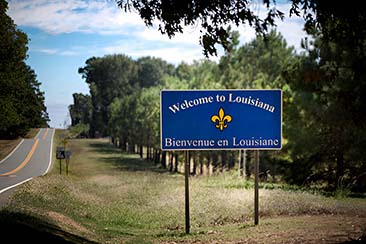Are you considering a move from Ohio to Florida? You’re not alone. Many people are drawn to the Sunshine State for its warm climate, affordable living, and abundant recreational opportunities. Whether you’re looking for a change of scenery, a better quality of life, or a retirement destination, Florida offers a lot to explore and enjoy. In this expert guide, we’ll walk you through everything you need to know about moving from Ohio to Florida.
Moving can be an exciting yet challenging experience. It involves careful planning, organisation, and adaptability. When relocating from Ohio to Florida, there are several factors to consider, such as the distance, cultural differences, and logistical aspects of the move. By following this expert guide, you’ll be well-prepared to make a smooth transition and settle into your new Florida home.
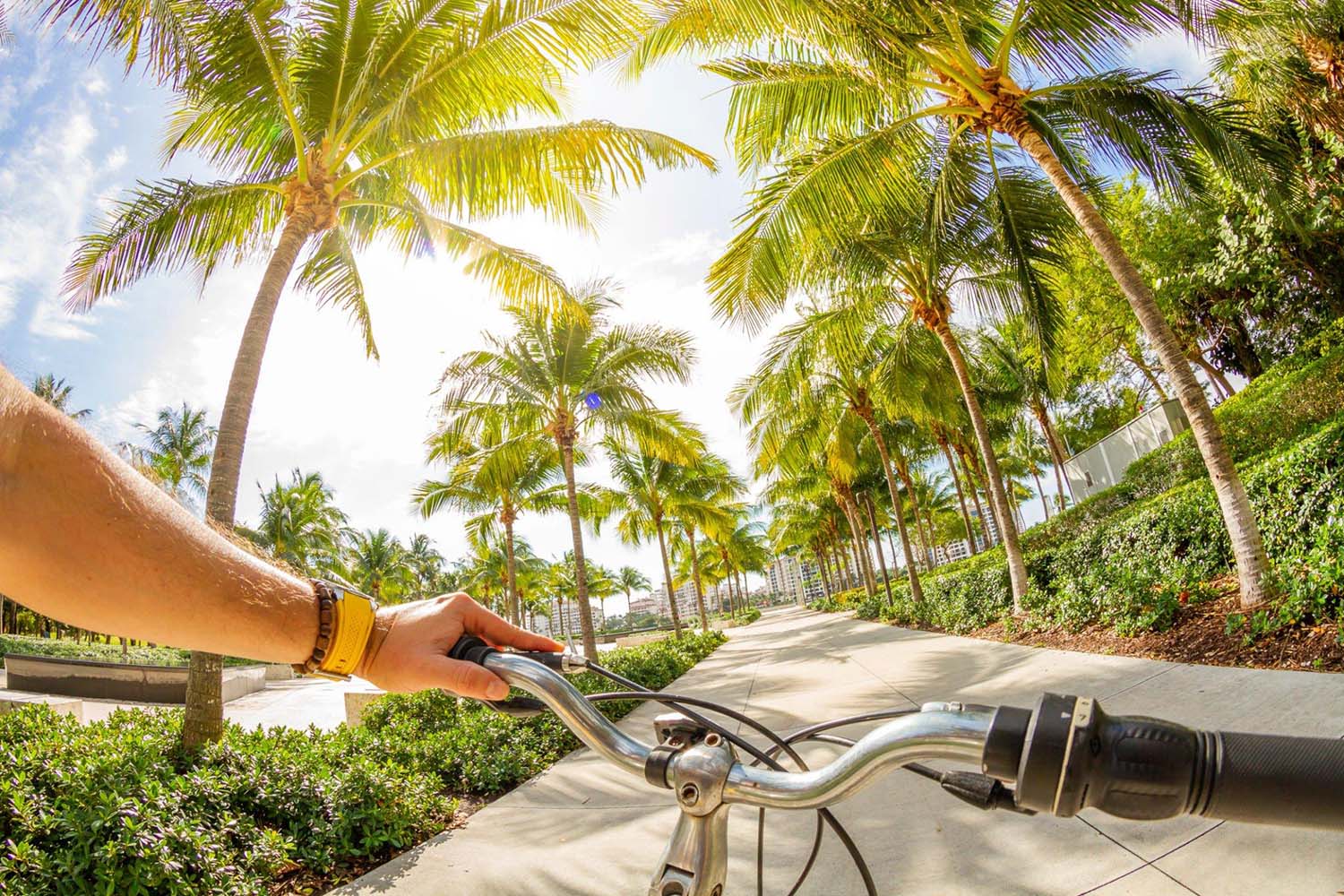
Why People Are Moving From Ohio to Florida
There are several reasons why many Ohio residents choose to make the move to Florida. Firstly, the warm climate is a significant attraction. Ohio experiences cold winters, and the allure of year-round sunshine and milder temperatures in Florida is hard to resist.
Additionally, Florida offers a lower cost of living compared to many parts of Ohio, making it an appealing option for those seeking a more affordable lifestyle. The absence of state income tax in Florida is another advantage that draws many individuals and families looking to maximise their financial resources.
Benefits of Moving to Florida
Warm Climate
One of the most enticing aspects of Florida is its warm climate. The state is known for its sunny weather and mild winters, offering a welcome escape from the harsh Ohio winters. The year-round pleasant temperatures allow for outdoor activities and a generally active lifestyle.
Lower Cost of Living
Florida generally has a lower cost of living compared to many parts of Ohio. Housing prices, in particular, can be more affordable, depending on the city or region you choose to live in. This affordability extends to other aspects of life as well, including groceries, healthcare, and entertainment.
Tax Advantages
Florida is one of the few states in the United States that does not impose a state income tax. This tax advantage can significantly impact your financial situation, allowing you to keep more of your hard-earned money. Additionally, Florida has favourable tax policies for retirees, making it an attractive destination for those looking to enjoy their golden years.
Outdoor Activities
Florida’s diverse natural landscapes offer a wealth of outdoor activities. From pristine beaches and crystal-clear springs to lush national parks and scenic trails, there’s something for everyone. Whether you enjoy swimming, fishing, hiking, or simply soaking up the sun, Florida provides ample opportunities to enjoy the great outdoors.
Beaches and Water Sports
Florida is renowned for its stunning beaches and vibrant coastal communities. Living in Florida means easy access to sandy shores, where you can relax, swim, or partake in water sports such as surfing, kayaking, and paddleboarding. The beach lifestyle is deeply ingrained in Florida culture and offers endless possibilities for recreation and relaxation.
Retirement Destination
Florida has long been recognised as a top retirement destination. The state boasts numerous retirement communities that cater to the unique needs and interests of retirees. With its warm climate, outdoor amenities, and healthcare options, Florida provides an ideal environment for those seeking an active and fulfilling retirement.
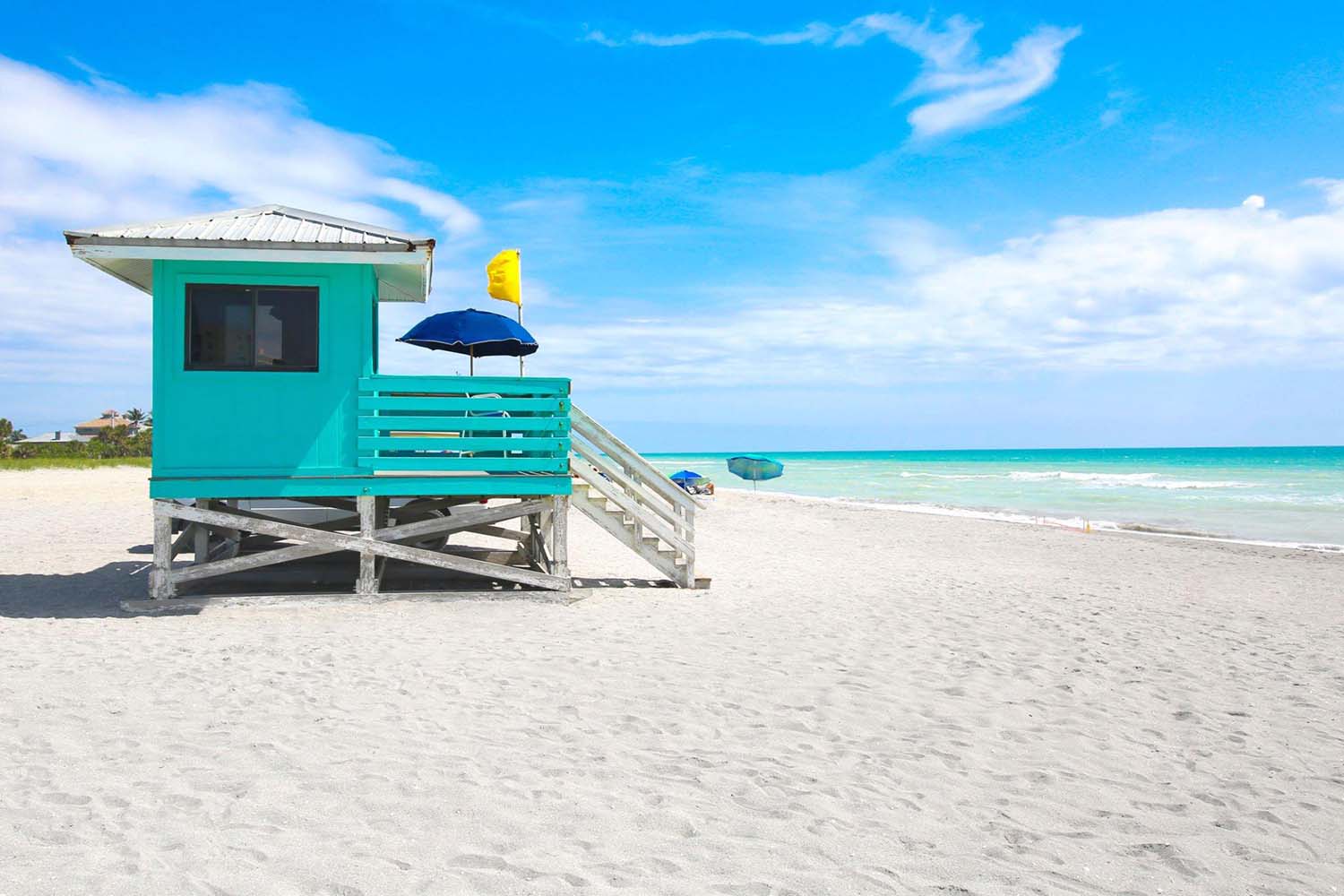
Planning Your Move
Before embarking on your journey to Florida, careful planning is crucial to ensure a smooth transition. Here are some essential steps to consider when planning your move:
Researching Florida Cities
Florida is a vast state with diverse cities and regions, each offering a distinct lifestyle and atmosphere. Take the time to research different cities and their amenities to find the one that aligns with your preferences and needs. Consider factors such as proximity to the beach, job opportunities, schools, healthcare facilities, and cultural offerings.
Finding Housing
Once you’ve identified your desired city, start looking for suitable housing options. Whether you’re interested in buying or renting, engage with local real estate agents or browse online platforms to explore available properties. Consider factors like proximity to amenities, affordability, and the neighbourhood’s safety and suitability for your lifestyle.
Budgeting for the Move
Moving can be expensive, so it’s essential to create a budget to track your expenses. Account for costs such as hiring a moving company, transportation, packing supplies, temporary accommodation, and utility setup fees. Having a clear understanding of your budget will help you make informed decisions and avoid financial stress.
Hiring a Moving Company
To ease the moving process, consider hiring a reputable moving company. Obtain quotes from several companies and compare their services, pricing, and customer reviews. Professional movers can assist with packing, loading, and unloading your belongings, ensuring a smooth and efficient move.
Transferring Utilities and Services
Before leaving Ohio, contact your utility providers to schedule disconnections and transfers of services. Arrange for the setup of utilities, such as electricity, water, internet, and cable, in your new Florida residence. Notify relevant parties, including banks, insurance providers, and healthcare providers, about your change of address.
Updating Your Address
Update your address with the necessary organisations and institutions. This includes notifying the post office, updating your driver’s license and vehicle registration, and informing your employer, friends, and family of your new contact details. Forward your mail to your new address to ensure you receive important correspondence.
Packing and Organising
Packing and organising your belongings efficiently is crucial for a successful move. Follow these tips to streamline the packing process:
Decluttering and Downsizing
Before packing, declutter your belongings by getting rid of items you no longer need or use. Donate, sell, or discard any unnecessary items to lighten your load and simplify the moving process. This will also save you money on transportation costs.
Packing Strategies
Pack strategically to maximise space and protect your belongings. Start with items you rarely use and gradually pack essentials. Use sturdy boxes, packing paper, bubble wrap, and packing tape to secure your items. Label each box with its contents and the room it belongs to for easy unpacking.
Labeling Boxes
Clear labelling is essential for an organised move. Clearly mark each box with its contents and its intended location in your new home. This will expedite the unpacking process and help movers place boxes in the correct rooms.
Moving Valuables and Fragile Items
Take extra care when packing and transporting valuables and fragile items. Use appropriate packaging materials and consider carrying these items with you personally during the move. Items such as jewellery, important documents, and sentimental objects should be handled with extra caution.
Creating an Inventory List
Create an inventory list of all your packed items. This will help you keep track of your belongings and make any necessary insurance claims in case of loss or damage during the move. Include descriptions, estimated values, and photographs for reference.
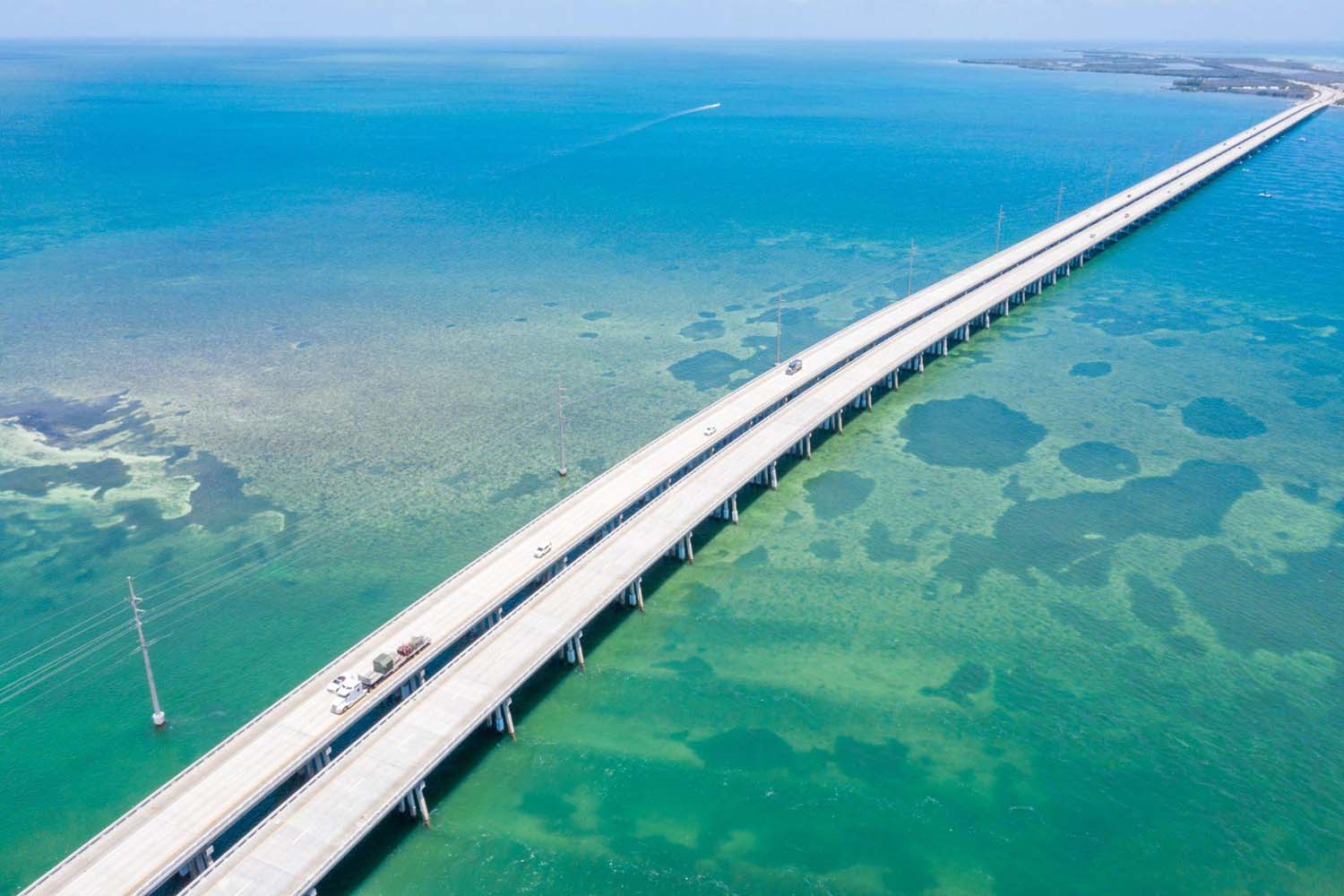
Traveling to Florida
Deciding on the best method of transportation to Florida depends on various factors, including your preferences, distance, and budget. Here are some considerations for different travel options:
Choosing the Right Transportation Method
Consider whether you prefer to drive or fly to Florida. Driving offers flexibility and the opportunity to explore along the way, while flying is faster and more convenient for long distances. Assess your comfort level, time constraints, and budget to make an informed decision.
Road Trip Tips
If you decide to drive, plan your road trip carefully. Map out your route, identify rest stops, and book accommodations in advance. Ensure your vehicle is in good condition and pack essentials such as snacks, water, maps, and a roadside emergency kit. Take breaks regularly to stretch and rest.
Flying to Florida
When flying, book your tickets well in advance to secure the best prices. Pack essentials in your carry-on bag, including important documents, medications, and a change of clothes. Familiarise yourself with airport procedures and security regulations to streamline the boarding process.
Shipping Your Car
If you prefer to fly but still want your car in Florida, consider shipping it. Research reputable auto transport companies and obtain multiple quotes. Ensure your car is properly prepared for shipping by removing personal belongings and securing any loose parts.
Travelling with Pets
If you have pets, make necessary arrangements for their transportation. Ensure they are up-to-date on vaccinations and obtain any required travel documentation. Prepare a comfortable travel carrier, pack their essentials, and consider their safety and well-being throughout the journey.
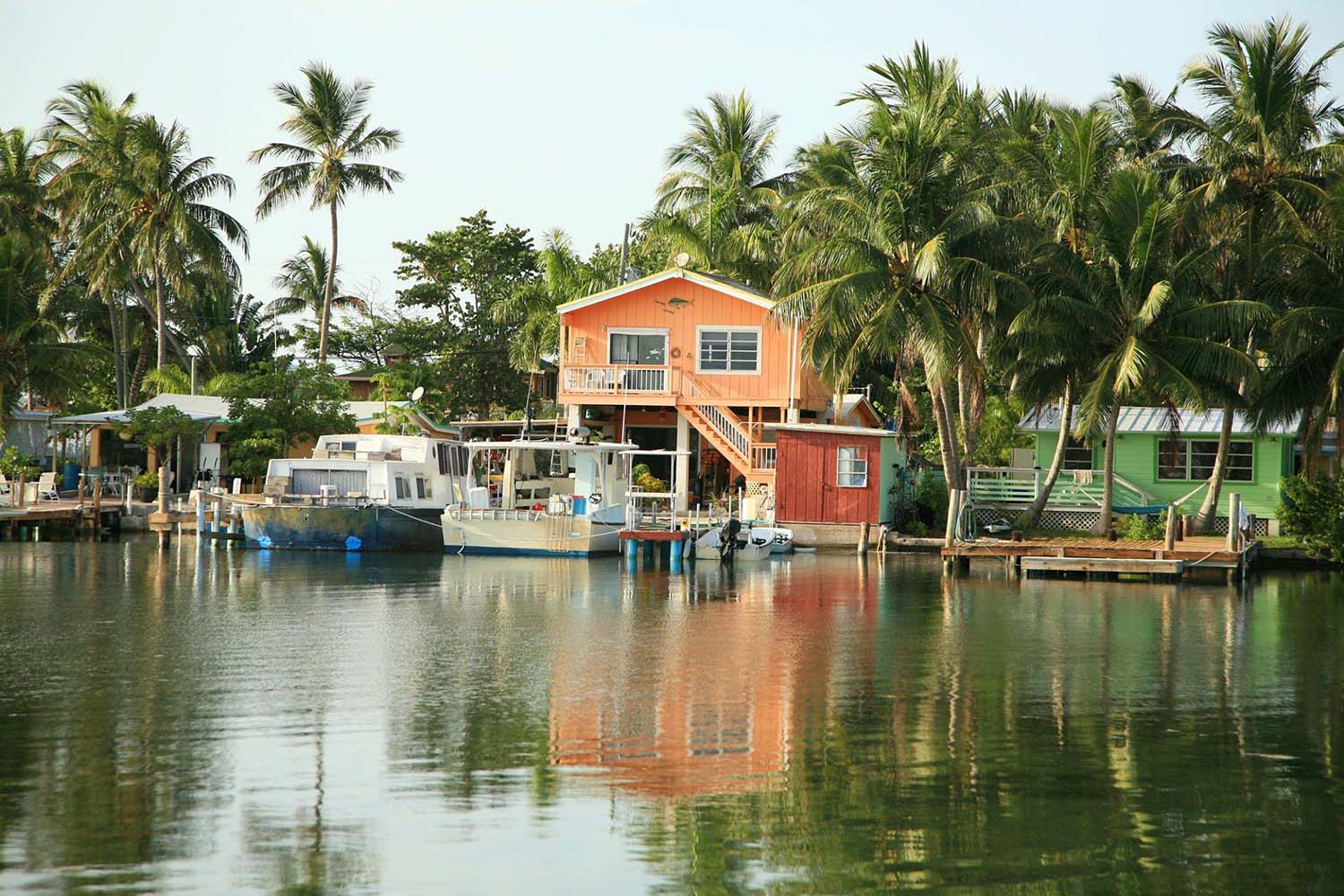
Settling In Florida
Once you arrive in Florida, there are a few essential tasks to complete to settle into your new home smoothly. Here are some key steps:
Getting a Florida Driver’s License
If you plan to establish Florida residency, you’ll need to obtain a Florida driver’s license. Visit your local Department of Highway Safety and Motor Vehicles office to apply. Bring your current driver’s license, proof of identity, Social Security number, and proof of Florida residency.
Registering Your Vehicle
Register your vehicle with the Florida Department of Highway Safety and Motor Vehicles within ten days of becoming a Florida resident. Bring your vehicle title, proof of Florida insurance, identification, and payment for registration fees. Some counties may require a vehicle emissions inspection as well.
Transferring Medical Records
Contact your healthcare providers in Ohio to request your medical records be transferred to new providers in Florida. This ensures continuity of care and allows your new healthcare providers to have your complete medical history.
Finding New Healthcare Providers
Research and identify healthcare providers in your new area. Look for doctors, dentists, specialists, and pharmacies that meet your healthcare needs. Consider recommendations from locals, online reviews, and your health insurance network when choosing new providers.
Enrolling Children in Schools
If you have school-aged children, research and enrol them in suitable schools in your new Florida location. Contact the school district for information on enrolment procedures, required documentation, and important dates. Visit schools to gather firsthand information and assess the suitability of the educational institutions.
Exploring Your New Neighbourhood
Take the time to explore your new neighbourhood and familiarise yourself with nearby amenities, such as grocery stores, parks, recreational facilities, and local attractions. This will help you feel more at home and establish a sense of belonging in your new community.

Adapting to the Florida Lifestyle
Living in Florida comes with its own unique lifestyle. Here are some tips to help you adapt and fully embrace the Florida way of life:
Embracing the Beach Culture
Florida’s beaches are a significant part of its culture. Take advantage of living close to the coast by enjoying regular beach outings, swimming, sunbathing, and partaking in beachside activities. Embrace the relaxed beach lifestyle and make the most of the natural beauty that surrounds you.
Enjoying Outdoor Activities
Florida offers an abundance of outdoor activities due to its pleasant climate and diverse landscapes. Engage in activities such as hiking, biking, boating, fishing, golfing, and wildlife spotting. Explore state parks, nature reserves, and waterways to fully experience the natural wonders Florida has to offer.
Adjusting to the Heat and Humidity
Florida’s climate can be hot and humid, especially during the summer months. Take measures to stay cool and hydrated, such as wearing lightweight and breathable clothing, staying in air-conditioned spaces, and drinking plenty of water. Embrace the slower pace of life during hotter hours and seek shade when outdoors.
Exploring Local Cuisine
Florida is known for its diverse culinary scene. Sample local delicacies such as fresh seafood, citrus fruits, Cuban cuisine, and Key lime pie. Explore farmers markets, food festivals, and unique dining establishments to savour the flavours of the region.
Getting Involved in the Community
Building connections and getting involved in your new community will enhance your overall experience in Florida. Join local clubs, volunteer for community initiatives, attend social events, and participate in neighbourhood activities. Engaging with fellow residents will help you feel more connected and create a sense of belonging.
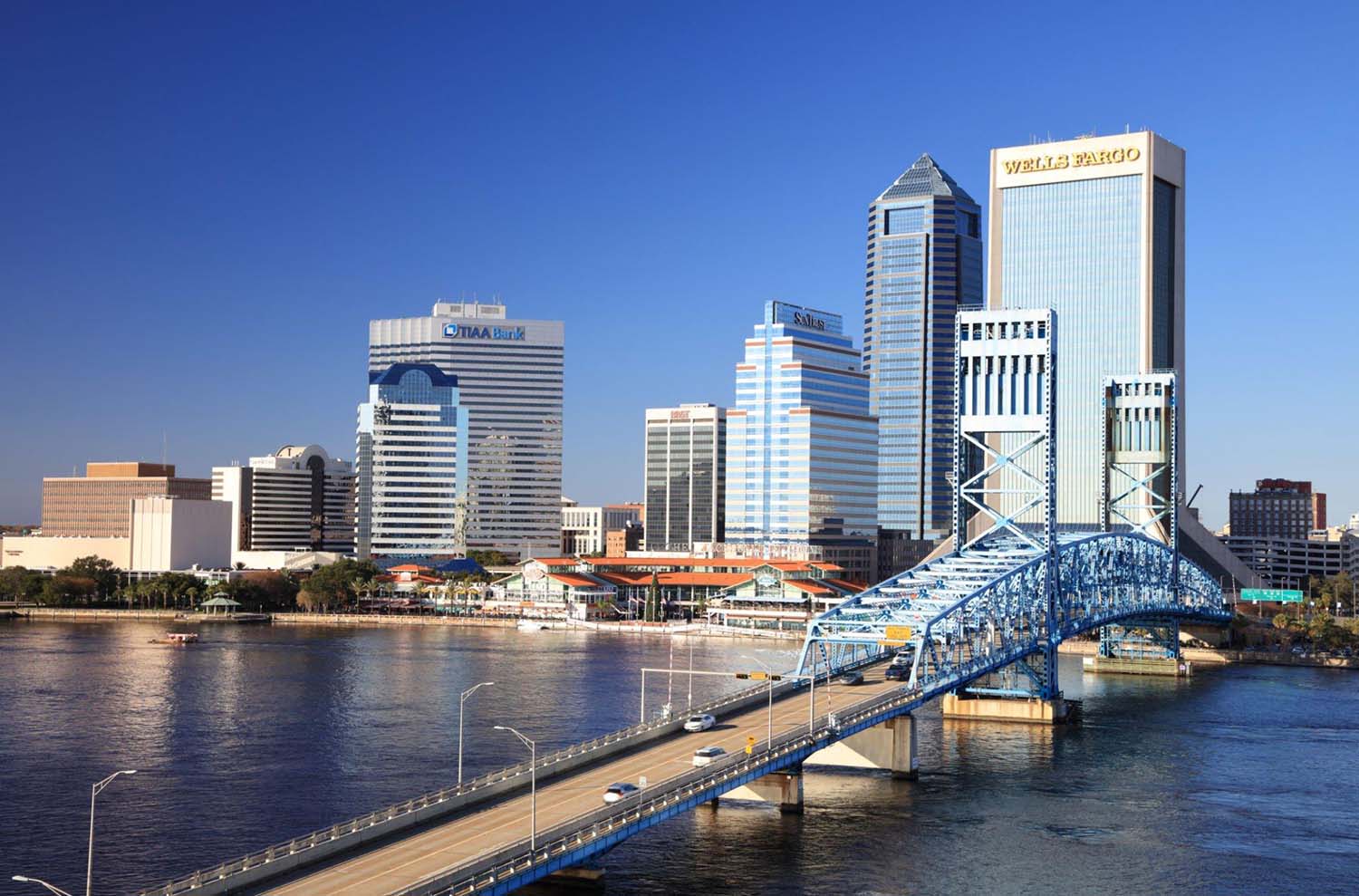
What To Know Before Moving From Ohio To Florida
Moving from Ohio to Florida is an exciting opportunity to embrace a new lifestyle and enjoy all that the Sunshine State has to offer. By carefully planning your move, organising your belongings, and adapting to the Florida way of life, you’ll be well on your way to creating a fulfilling and enjoyable experience in your new home. So pack your bags, soak up the sunshine, and hire the best long distance movers get ready to embark on this exciting adventure!
How long does it take to drive from Ohio to Florida?
The driving time from Ohio to Florida varies depending on your starting point and the destination in Florida. On average, it takes around 14-18 hours to drive from Ohio to central or southern Florida.
Are there any tax advantages to moving to Florida?
Yes, Florida does not impose a state income tax, which can provide significant tax advantages for residents. Additionally, Florida has favourable tax policies for retirees.
What are some popular cities to consider when moving to Florida?
Popular cities in Florida include Miami, Orlando, Tampa, Jacksonville, and Fort Lauderdale. Each city offers its own unique attractions and lifestyle, so it’s important to research and choose the one that aligns with your preferences.
Do I need a Florida driver’s license if I’m only living there temporarily?
If you establish Florida residency, you’ll need to obtain a Florida driver’s license. However, if you’re living in Florida temporarily, you can typically continue using your out-of-state driver’s license.
What are some must-visit attractions in Florida?
Florida is home to numerous must-visit attractions, including Walt Disney World in Orlando, the Kennedy Space Center, the Everglades National Park, South Beach in Miami, and the Florida Keys. There are plenty of options to suit various interests and age groups.



